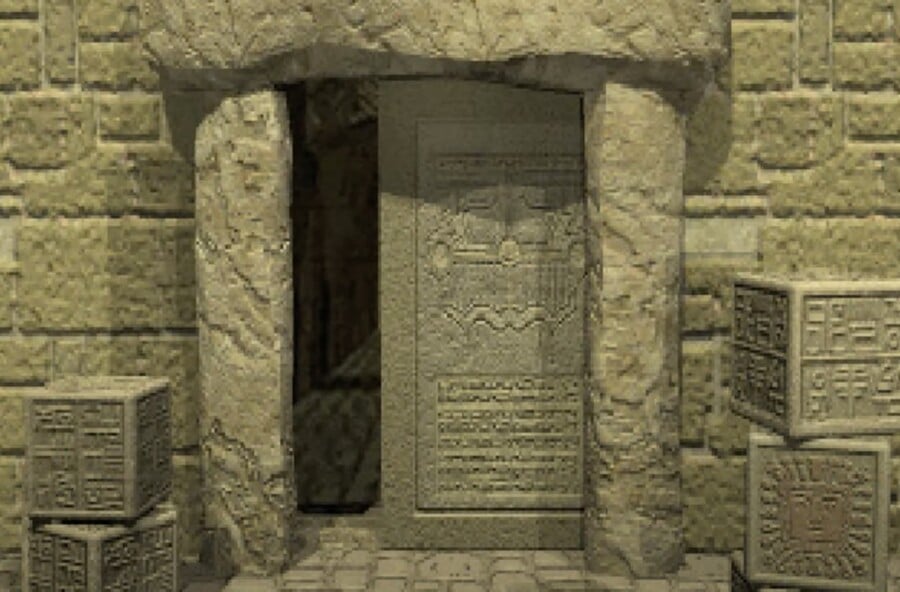
The history of Tetris is one rife with intrigue, mystery, bogus deals and a certain tension between Russia and the West. The original version of the popular puzzle game was developed by Alexey Pajitnov in 1984. Two years later, the game would be ported for the first time to PC, but since Patinov had no experience in programming on the system, he enlisted the help of Vadim Gerasimov. The two had met earlier and had already worked on a few games, despite Gerasimov being little more than a teenager at the time.
Gerasimov recalls being weirded out by the name chosen by Patinov. "The game name 'Tetris' was purely Alexey's idea. The word is a combination of 'tetramino' and 'tennis'. I thought it sounded a bit strange in Russian, but Pajitnov insisted on giving the game this name." The work, recalls Gerasimov, was hurried up since they saw the huge potential in the original simpler monochrome version, the MS-DOS version was enriched with new features added by Gerasimov, such as colour and a scoreboard.
Gerasimov reveals that efforts to sell the game were initially fruitless. "We decided to give our friends free copies of the games, including Tetris. The games quickly spread around. When the freely distributed PC version of Tetris got outside of the Soviet Union and a foreign company expressed an interest in licensing Tetris, Pajitnov decided to abandon all the games but Tetris." The rest, as they say, is history; a battle to secure the rights to Tetris broke out, and these events form the basis of Apple TV+'s forthcoming Tetris movie.

Sadly, Gerasimov is not one of the people who profited massively from the success of Tetris, despite assurances from its creator. "Pajitnov stopped by my home and asked me to urgently sign a paper 'to get lots of money for us from game companies,'" he recalls. The contract stated that the teenager would hand over to Pajitnov all business arrangements, while also giving up the rights to anything related to Tetris. "He didn't leave me a copy of the paper," says Gerasimov. "As far as I remember the paper was saying that I agree to only claim porting Tetris to the PC, agree to give Pajitnov the right to handle all business arrangements, and refuse any rewards related to Tetris. I did not entirely agree with the content, but I trusted Alexey and signed the paper anyway. In a few months, my name disappeared from all newly released versions of Tetris and all Tetris-related documents." While the developer never seemed to be bitter about what happened, Tetris is not the last game he worked on.
In 1996, while studying at the MIT Media Lab, Vasimov thought of a concept for another puzzle game. That game would, somehow, end up as an exclusive release for the Sony PlayStation in Japan. Vadims was developed by a company called ITC (Interactive Toys for Communication) and published by Soft Bank. The player was tasked with rotating different pieces to form triangles, which would make them disappear; putting two identical pieces next to one another would solidify them into one single glass block. The gameplay definitely brings back the flavour of the original Tetris, even though it is slightly less immediate.
Vadims, as a single-player game, features over 40 stages to compete in along with several gameplay modes such as Time Attack or Dig Mode, but it can also be a competitive game against another player with modes such as 'Racing' or 'Battle'. The game was developed by an entirely Japanese team directed by Youji Kawaguchi, so it is reasonable to think that Gerasimov only contributed the idea and concept to the project, especially considering the game features his name. It was a fair strategy, given Gerasimov's involvement with Tetris – a game that, even by this point, had become a worldwide smash-hit.
Given that Vadims was never afforded a global release, one can only assume that sales were less than stellar and Soft Bank didn't get the Tetris-sized hit it had expected. In 1996, Soft Bank also created Yahoo Japan and slowly moved away from distributing games, while Vadims faded quickly into obscurity and is barely remembered today as a part of Tetris history. While the project is listed on Gerasimov’s CV on his website, he never seems to mention it, even in recent interviews.
After working on Vadims, it does not seem like Gerasimov was involved in other gaming titles. He collaborated on several media projects, such as a toy for children to help them better understand how their bodies work and a baseball bat that would provide audio, tactile, or visual feedback to the user. He is currently still employed as an engineer at Google, where, among other things, he worked on Google Wave.
He still has an interest in games and shares his fondness for small-scale puzzle titles. Speaking in 2022, Gerasimov lamented the high costs involved in creating video games. "But, game creators still develop games like Tetris, that don’t require much money are low tech but are addictive and really good," he added. "World of Goo and Baba Is You are good examples. Engineers love Baba is You because it’s about solving puzzles, and it’s very addictive."
Vadims remains something of a footnote in his career, and one of the more obscure PlayStation exclusives.

